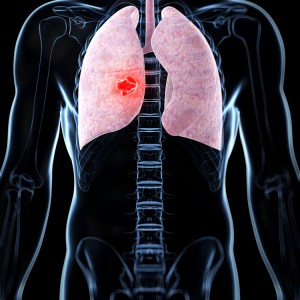 Excess consumption of alcohol is associated with pancreatitis. Now researchers found that alterations to the gene encoding the cystic fibrosis transmembrane conductance regulator (CFTR) can also cause pancreatitis. According to the researchers, strategies to increase CFTR levels or function might be used to treat alcohol-associated pancreatitis. The study was published in the journal Gastroenterology.
Excess consumption of alcohol is associated with pancreatitis. Now researchers found that alterations to the gene encoding the cystic fibrosis transmembrane conductance regulator (CFTR) can also cause pancreatitis. According to the researchers, strategies to increase CFTR levels or function might be used to treat alcohol-associated pancreatitis. The study was published in the journal Gastroenterology.
Acute pancreatitis (AP) is the most common cause of hospitalization for nonmalignant gastrointestinal diseases in the United States, with an estimated annual cost of at least $2.5 billion. The mortality of the disease is unacceptably high, and no specific pharmaceutical therapy is currently available. Therefore, there is a pressing economic and clinical need to develop new therapies for patients with AP.
Excessive alcohol consumption is one of the most common causes of AP and chronic pancreatitis (CP). Studies have found that the initial lesion in the course of pancreatic damage during alcohol-induced chronic calcifying pancreatitis is the formation of mucoprotein plugs in the small pancreatic ducts.
These changes are very similar to the alterations of the exocrine pancreas in cystic fibrosis (CF), the most common autosomal recessive disease caused by loss-of-function mutations in the CFTR gene. Evidence has shown that patients with CF who have impaired cystic fibrosis transmembrane conductance regulator (CFTR) function are at increased risk for developing pancreatitis. However there is a lack of researchers investigating the role of CFTR in the pathogenesis of alcohol-induced pancreatitis.
[adrotate group=”9″]
In their study titled “Alcohol Disrupts Levels and Function of the Cystic Fibrosis Transmembrane Conductance Regulator to Promote Development of Pancreatitis,” a research team from the University of Szeged in Szeged, Hungary, measured CFTR activity based on chloride concentrations in sweat from patients with CF, patients with excessive alcohol consumption, and healthy controls.
The CFTR levels and localization in pancreatic tissues and in patients with acute or chronic pancreatitis induced by alcohol were measured. The researchers examined the effects of ethanol, fatty acids, and fatty acid ethyl esters on secretion of pancreatic fluid and HCO3−, levels and function of CFTR, and exchange of Cl− for HCO3− in pancreatic cell lines as well as in tissues from guinea pigs and CFTR knockout mice after administration of alcohol.
Results revealed that alcohol disrupts expression and localization of the CFTR, which according to the researchers appears to contribute to development of pancreatitis.

